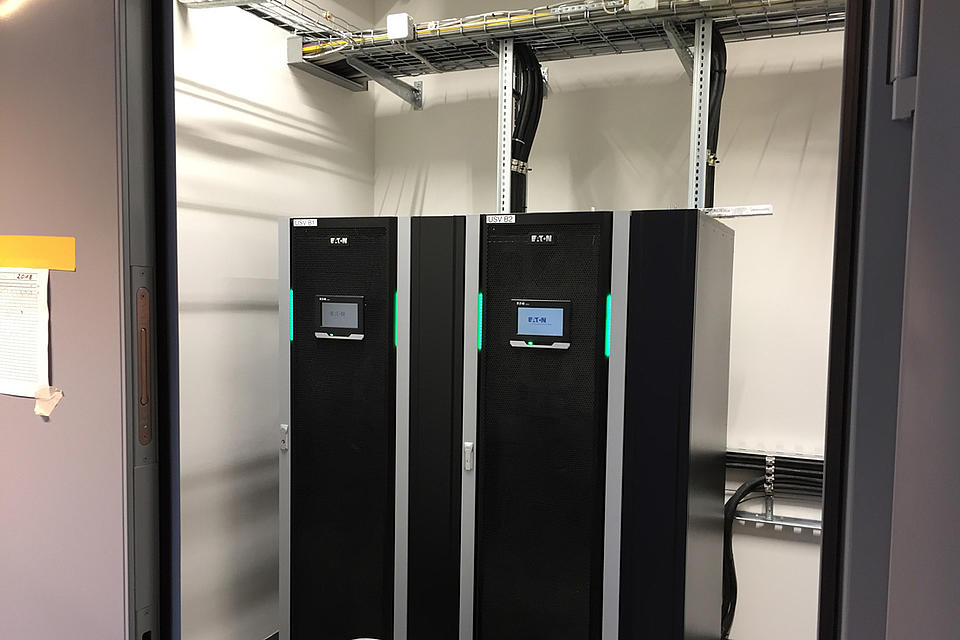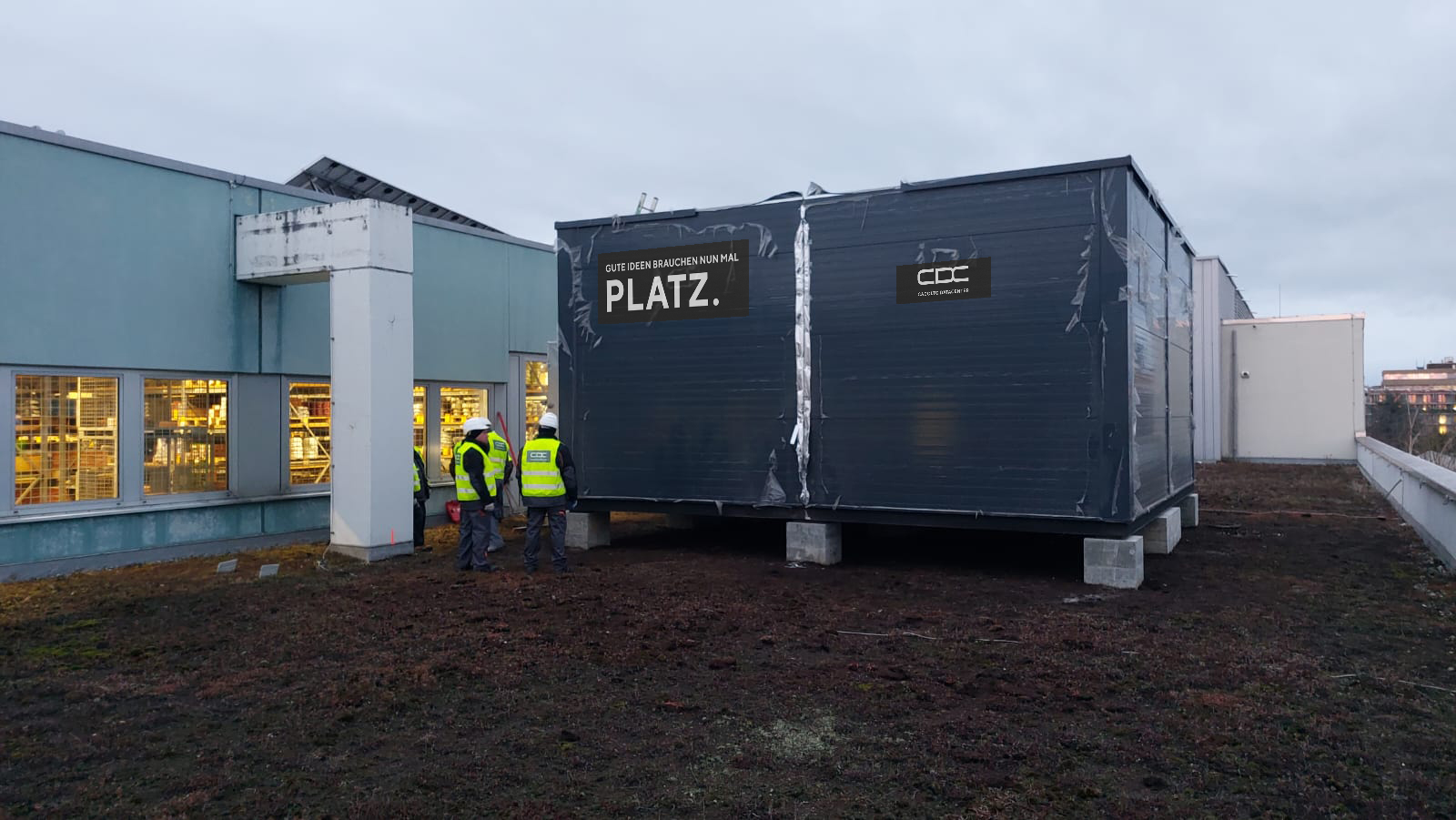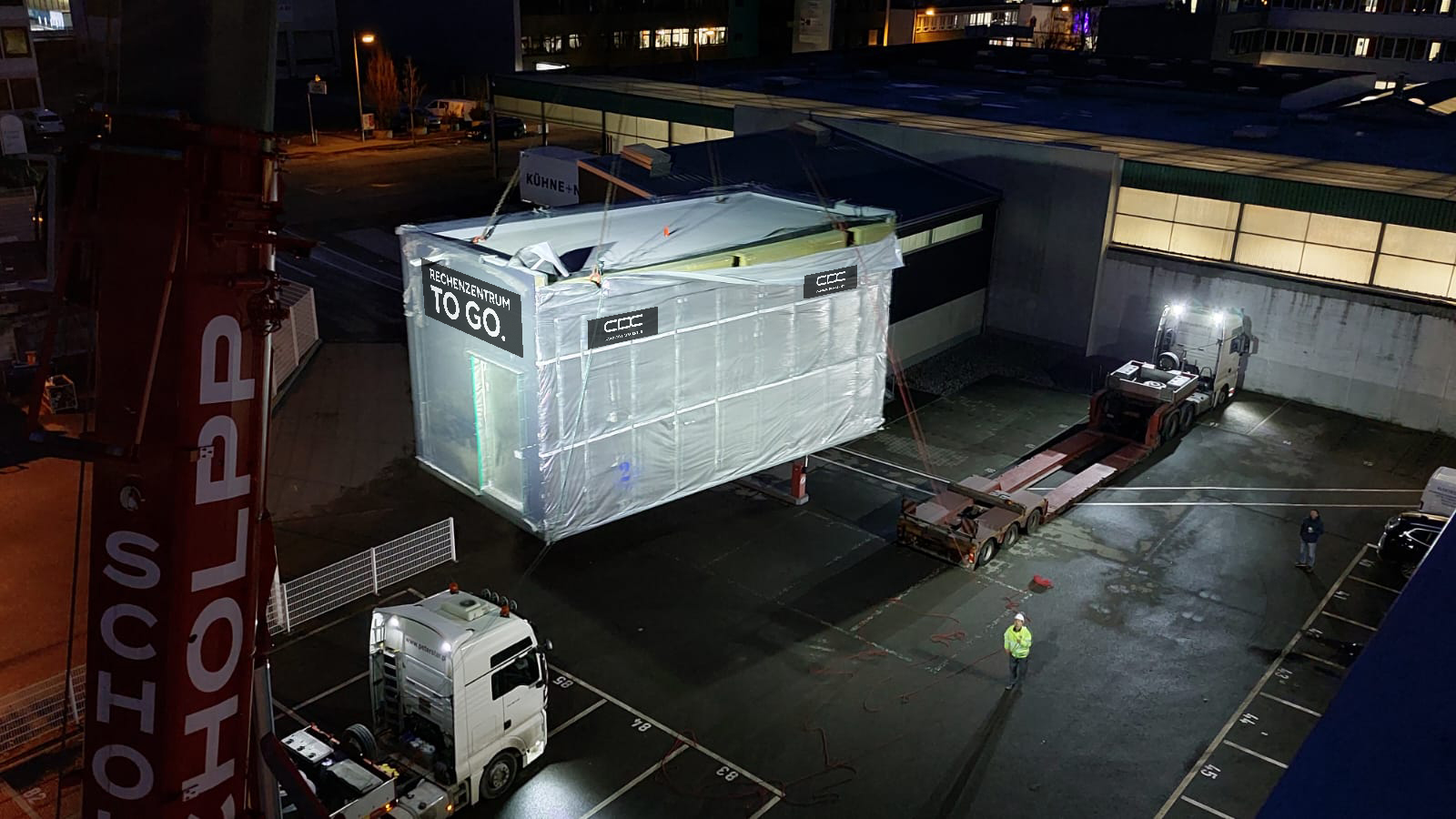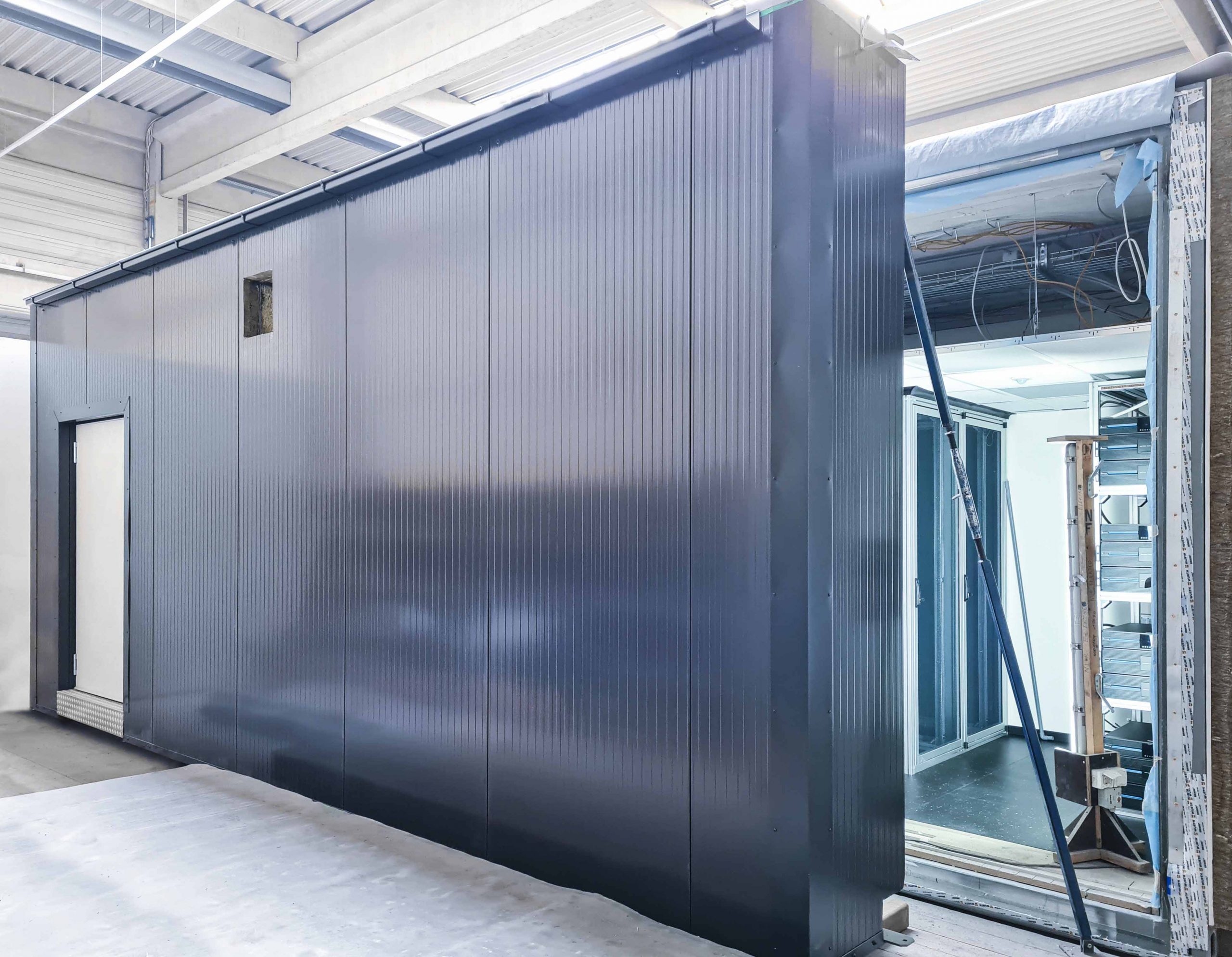Small and medium-sized companies often do not operate their own data centres, whereas large companies do. But is there perhaps an opportunity for smaller companies to benefit from the security of having their own data centre? And do large companies always have to build a new, oversized data centre to have capacity for future projects?
With its high-tech modular constructions, Cadolto Datacenter may offer exactly the right alternative to outsourcing your data centre or operating your own. Cadolto Datacenter’s modular, expandable solutions enable rapid adaptation to changing business needs.
You too can benefit from the scalability and high flexibility of the modular design.
High-tech modules: Cadolto Datacenter provides modular data centre solutions that enable quick, easy expansion without affecting ongoing operations.
Direct expansion: being able to quickly add or reduce resources is a key benefit for companies that have to respond to market changes. Cadolto Datacenter modules can be expanded within a very short time if required. The internally operated data centre always meets the current capacity requirements.
Adaptability: the ability to adapt specific configurations and customisations to individual needs is an important factor. This is why Cadolto Datacenter offers a range of products that can be optimally tailored to current needs. Companies then no longer need to outsource their data centres just because they urgently need extra capacity.
As the technology landscape is constantly changing, you must choose an outsourcing partner that can not only meet current needs, but can also adapt to future developments and requirements. Cadolto Datacenter offers exactly this flexibility and future security with its modular solutions. There is no need to plan the outsourcing of your data centre due to scalability, as you can easily expand yours with modules from Cadolto Datacenter.
Strategies for secure future data centre solutions:
Technological flexibility: the ability to adopt new standards and technologies as they become available.
Modular expansion: the ability to easily expand physical capacity without impacting existing systems.
Adaptation to business needs: solutions that adapt to changing business models and strategies.





